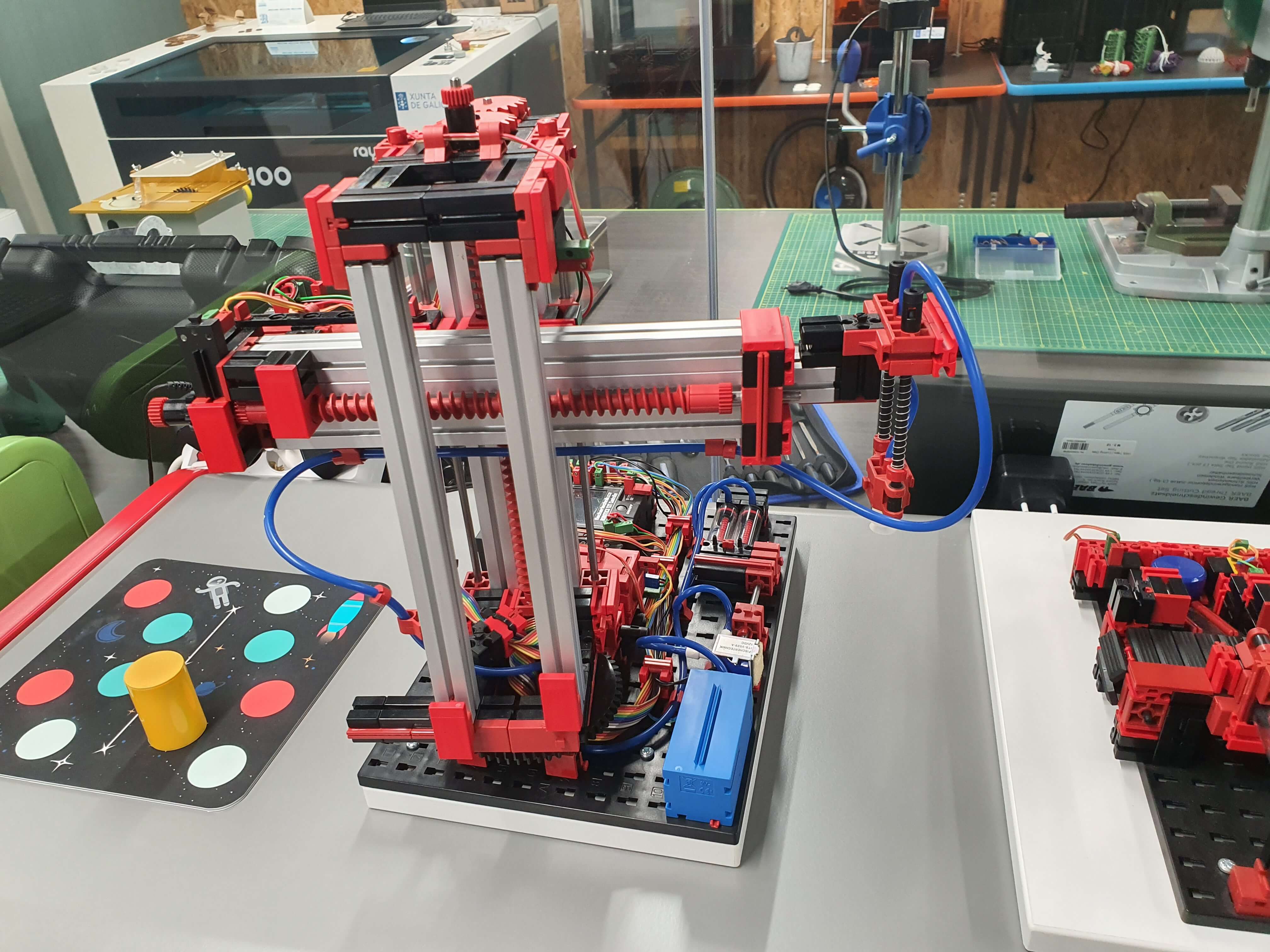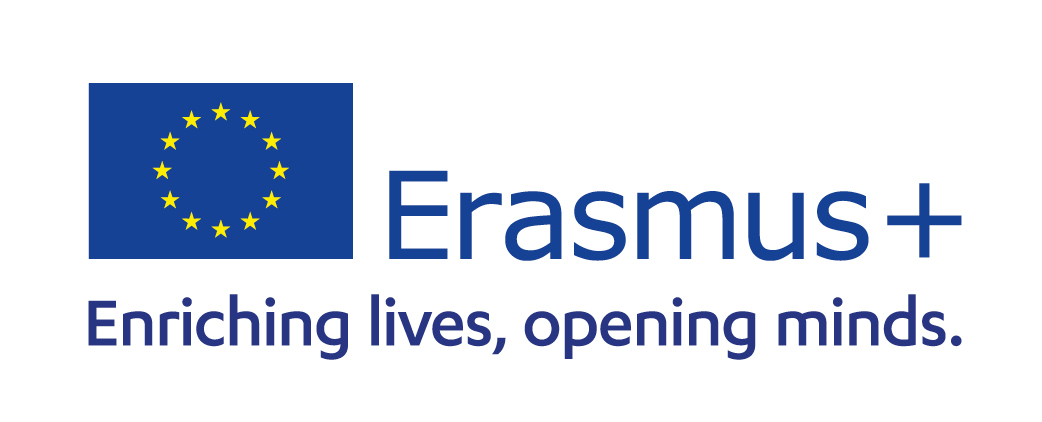DADA
DEVELOPING A DIGITAL ACADEMY
Context & Objectives
 This project aimed to develop a collaborative methodology between several partners and give teachers the tools to improve the delivery of digital learning and teaching in secondary schools across Europe.
This project aimed to develop a collaborative methodology between several partners and give teachers the tools to improve the delivery of digital learning and teaching in secondary schools across Europe.
We wanted individual countries to implement their own solutions that best fit their curriculum but it was also then a key aim for this project for each partner to bring their own skills and experiences to a collaborative forum and to share successes with their partners, this achieved even bigger gains across the whole project. We also aimed to have collaboration and cooperation between groups of pupils and teachers from all partners involved in this project.
With more and more businesses adopting digital ways of working and undergoing digital transformation there is a transformation taking place in the jobs market. Digital literacy is increasingly demanded as a skill amongst the workforces of Europe and the rest of the world. Many businesses are adopting new digital ecosystems and are breaking down the geographical boundaries with the use of technology. It is also situations like this that inspired our team to realize a project like DADA.
In a Lloyds bank survey in 2017 it was estimated 11 million people in the UK do not have basic digital skills. We aimed to give the teachers in the partner countries the skills to be able to deliver an 21st century, high quality education with digital skills as a main cornerstone in a child's skillset. We were doing this with cyber safety as a key prerequisite of any training as this is one of the biggest dangers of children increasing their online activity.
The UK House of Lords in a report published also in 2017 sought to suggest that digital literacy should be the fourth pillar of a children's education alongside literacy and numeracy skills. Through training given by high quality external providers we aimed to upskill the teachers of Europe, utilizing new found confidence and skill through collaboration and information sharing, to enhance the education they give to their pupils and give them the confidence and skills to be the digital innovators and skilled practitioners of the 21st century.
We have educational partners in 4 European countries and initially 8 secondary schools taking part in the project over three years. The plan was to create centres of excellence within these schools. Then in phase two use these skilled practitioners to role out the training and involve other schools within their local area and create a snowball affect of improving digital skills amongst teachers and pupils.
Another aim of the project should it be possible in a post Covid world was to give pupils involved in this project experience and exposure to collaborative on-line and face to face team working with other students of the same age from a different country. This gave them confidence and skills to place them in a strong position within an external job market as these kinds of skills will be sought after.
